The Malta model
Alison Vassallo discusses Malta’s plans to build a thriving superyacht jurisdiction as it moves to provide more than just regulatory frameworks…
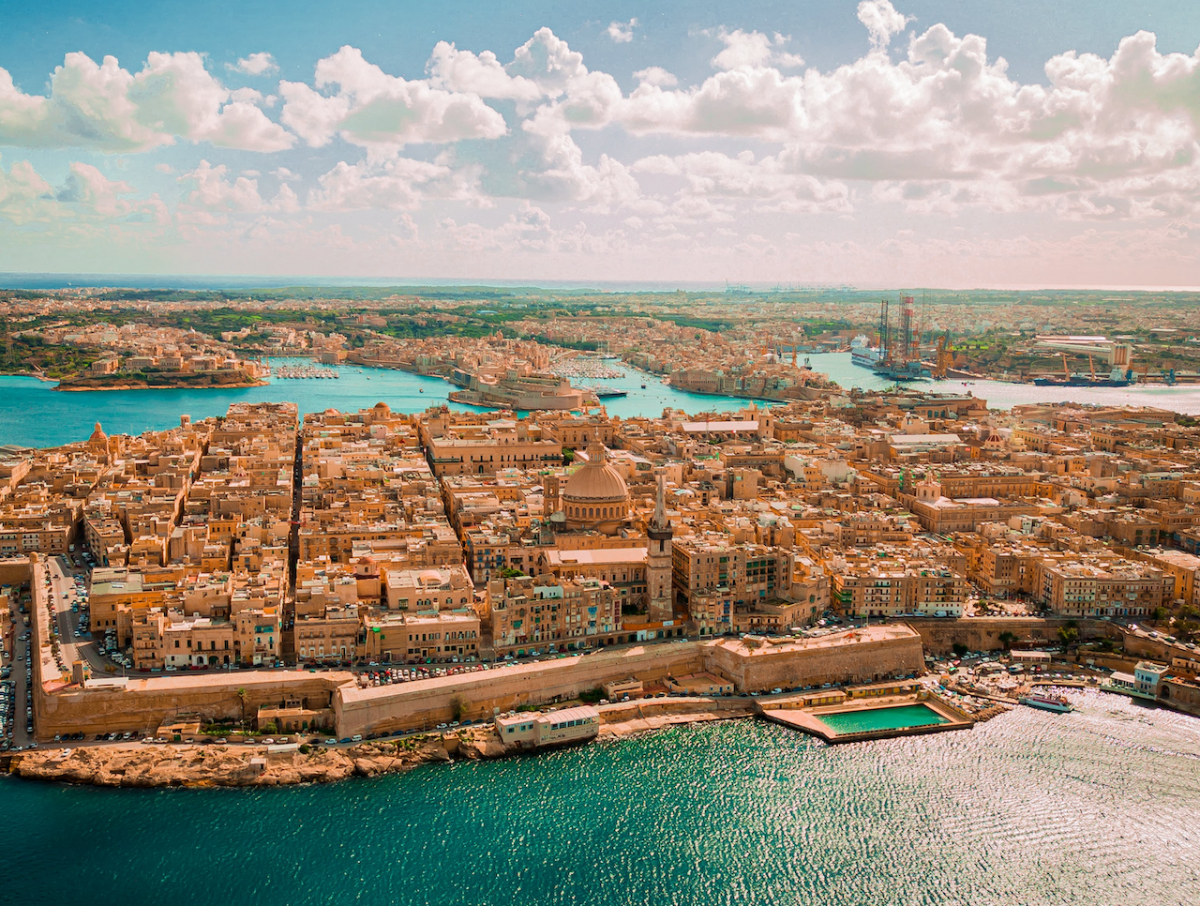
The Maltese government has proposed a strategy detailing its vision for a thriving domestic superyacht industry, which was announced by Minister for Transport, Infrastructure and Capital Projects, Dr Aaron Farrugia on the 21st of November. Speaking with SuperyachtNews, Dr Alison Vassallo, Chair of The Malta Chamber’s Yachting Business Section and Partner at Fenech and Fenech Advocates details the intricacies of the proposal, whilst addressing the reaction post the announcement.
“The document itself is an extensive presentation of industry-led proposals collated over several months using a far-reaching consultation process intended to address all the requirements needed to build a leading superyacht jurisdiction here in Malta,” she says. “It also represents a first-ever exercise of its type, laying the groundwork for the committed formulation by the authorities of a dedicated Superyacht Policy for Malta. The next step is for the Government to conduct an economic impact assessment, which will inform and model the proposed strategy.”
Vassallo explains how the consultation process was led by the Yachting Steering Committee (YSC), which was established by the Government in 2022 and comprises representatives from Transport Malta, the Malta Chamber, Yachting Malta, the Superyacht Industry Network Malta and the Malta Chamber of SME’s. Compiled from discussions between representatives in the public and private sectors, the document detailed five pillars that were necessary to create a stable superyacht industry. They were (i) fiscal, legal and administration, which Vassallo was directly involved in, (ii) training and certification, (iii) chartering and commercial management, (iv) refits, technical and infrastructure and (v) vision and mission.
The core principle of the Government’s strategy is to make Malta a jurisdiction of choice for the superyacht industry by fostering a dedicated ecosystem that is supported by a strong legal and regulatory framework, reliable infrastructure, quality services, and a skilled workforce. The superyacht sector in Malta has grown exponentially over the last 16 years too, with the number of yachts (over 24m) flying the Maltese flag rising from 100 in 2007 to over 1,100 this year, making it the largest flag state in the EU.
The final part of the document consists of a collation of industry proposals, some of which Vassallo calls the “low-hanging fruit”. These are the areas believed to be the points which can be effectively addressed in the short term, for example, and the most important in her view being, the commissioning of an extensive economic impact assessment which will also help inform longer-term infrastructural plans. “Another is the enactment of legislation which is already in its final draft form, and which will regulate licenced maritime service providers of the flag. This will be a very important step in terms of raising standards across the board,” she says.
There are also plans to boost the participation of Malta in a number of international fora, improving air connectivity, exploring the development of a career pathway for the maritime and superyacht industries and organising familiarisation trips to Malta for captains, management, charter brokers and crewing companies Vassallo says that the intention here is to bolster crew activity on the islands in terms of recreational and professional attraction and providing training services.
“We already have several training centres on the island offering courses to crew members. So, it's a question of strengthening that offering by bolstering training schemes and offering training programmes for specific careers and trades within the industry. Attracting captains and crew to the island is also key because as we know, they are ultimately a very important link to the owners’ perception of a jurisdiction,” she adds.

“We're conscious that a lot of work still needs to be done, but we are fully committed to working on it together,” says Vassallo.
Despite the economic benefits the industry could potentially provide Malta, it has since fallen under some public criticism from local left-wing NGO, Moviment Graffitti, which has slated the lack of wealth distribution in Malta and cited fears of what the industry will bring in terms of ecological destruction. “Our position on such projects remains crystal clear: Neither our coast nor the sea should be considered a source of income for private interests, given that these are the few places remaining for public enjoyment,” it says in a statement.
The group believes that Maltese lands and waters are currently being exploited for the “profits of the few” to the detriment of the general public. It fears that, as a result of the proposed strategy, yachts will take over the limited remaining space and beaches the public has access to. Moviment Graffitti adds that aside from taking huge amounts of space, superyachts also pollute both sea and air and still contribute to the destruction of natural biodiversity, even with good regulations. The group adds that any major decision that will influence the environment and quality of life in general, should be taken only if it is in the public interest.
“Aaron Farrugia and the government he represents now want to take this space away from us so that the rich can continue benefiting,” it continues. “Should the government continue supporting the ‘needs’ of the rich instead of the needs of the general public, we are ready to side with the people in their ongoing fight against the exploitation of our scarcely remaining land, our coast, and our seas.”
Vassallo maintains that the notion that only a select few benefit from a fully-fledged superyacht jurisdiction is factually incorrect. “The sector is a wheel turner for the economy, not just for Malta, this applies to all competing jurisdictions that have invested in it,” she says. “When a superyacht visits our shores, the income that is generated from the various services that are required spreads across and benefits a vast range of suppliers and service providers whose existence relies heavily on this industry.”
This scepticism from certain pressure groups often draws in global mainstream media attention and despite the advancements in technology and alternative fuels, these efforts tend to go unnoticed in the general press. Vassallo adds that there's a need to contextualise this environmental criticism, and notes it is the responsibility of industry members to emphasise the extensive services it contributes to a thriving economy.
To bolster the superyachting's contributions to the Maltese economy, the main focus of the Government's strategy centres on transforming the island into a preferred jurisdiction for the industry. This involves cultivating a specialised ecosystem, backed by a robust legal and regulatory framework, dependable infrastructure, high-quality services and a proficient workforce. “The vision document is not just about the flag, nor is it just about possible future infrastructural development, but is ultimately focused on identifying those elements that make sense for Malta to continue building on our reputation and heritage to attract this sector,” says Vassallo.
“I think you need to look at all of these components together when it comes to really asking yourself, ‘What makes a superyacht jurisdiction?’ We're very conscious that a lot of work still needs to be done, but we are fully committed to continuing to work on it all together incredibly hard as an industry and supporting the vision of the authorities”.
Profile links
NEW: Sign up for SuperyachtNewsweek!
Get the latest weekly news, in-depth reports, intelligence, and strategic insights, delivered directly from The Superyacht Group's editors and market analysts.
Stay at the forefront of the superyacht industry with SuperyachtNewsweek
Click here to become part of The Superyacht Group community, and join us in our mission to make this industry accessible to all, and prosperous for the long-term. We are offering access to the superyacht industry’s most comprehensive and longstanding archive of business-critical information, as well as a comprehensive, real-time superyacht fleet database, for just £10 per month, because we are One Industry with One Mission. Sign up here.
Related news
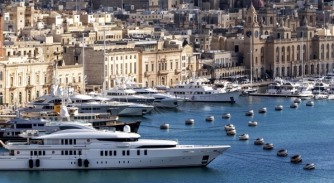
More Maltese marinas
The Maltese government has outlined its strategic vision to further develop its burgeoning superyacht industry
Business
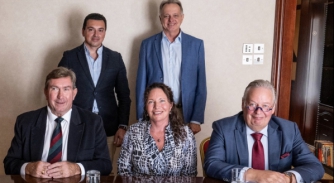
Superyacht Alliance established
Founding members MYBA, SYBAss and IAMI, announce the new Superyacht Alliance for Professional Standards qualification
Business
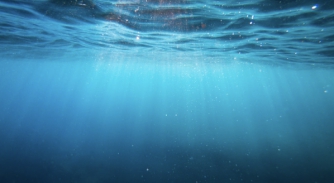
A new frontier for underwater glass design
With the ever-growing trend towards underwater structural glass, Henning von der Thusen, managing director at TILSE, explains the challenges
Technology
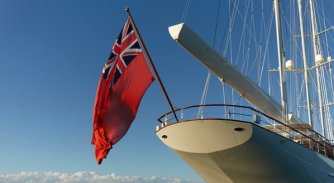
REG gathers for Technical Forum
Red Ensign Group brings together expertise from across its members in Southampton from 7 to 8 March 2023
Business
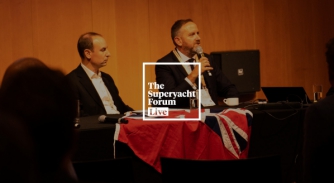
Sessions from the red room at The Superyacht Forum
After Red Ensign Group’s session, Carlo Vinelli speaks about the evolution of the REG code
Event
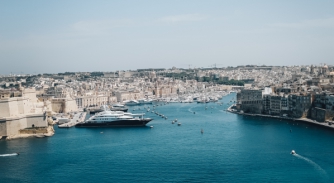
Maltese government cracks down on brokers selling subsidised fuel
A new amendment came into force last Friday to prevent the exploitation of Malta’s price stability policy on fuel prices
Fleet
Related news
More Maltese marinas
2 years ago
Superyacht Alliance established
2 years ago
A new frontier for underwater glass design
3 years ago
REG gathers for Technical Forum
3 years ago
NEW: Sign up for
SuperyachtNewsweek!
Get the latest weekly news, in-depth reports, intelligence, and strategic insights, delivered directly from The Superyacht Group's editors and market analysts.
Stay at the forefront of the superyacht industry with SuperyachtNewsweek



